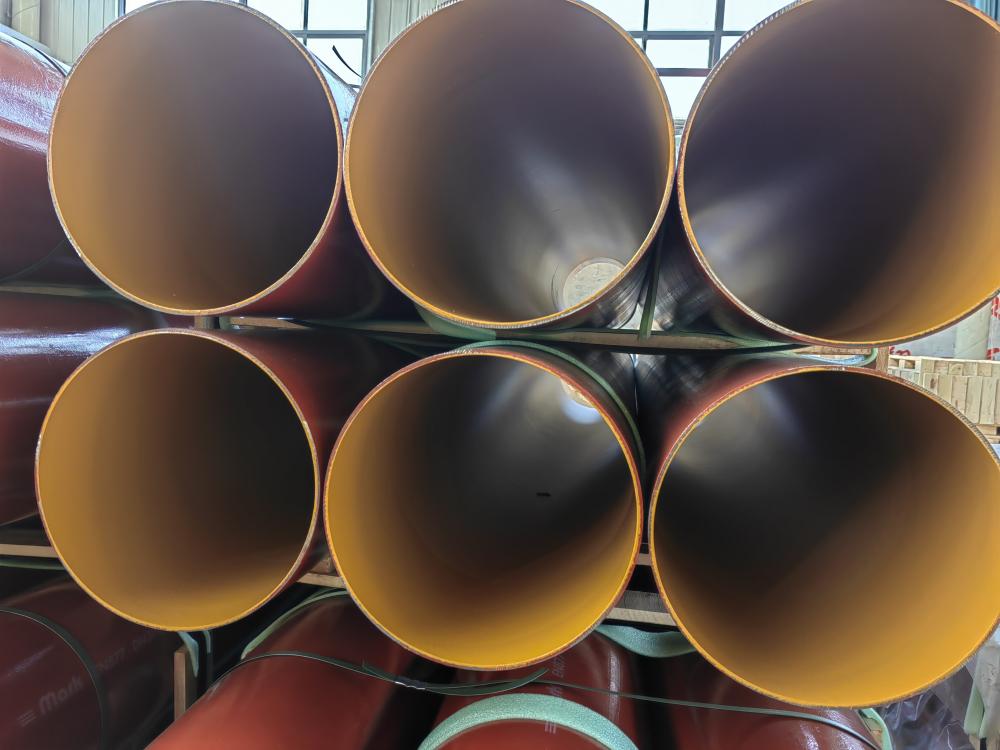
Privacy statement: Your privacy is very important to Us. Our company promises not to disclose your personal information to any external company with out your explicit permission.
Epoxy Paint: An In-depth Introduction
Epoxy paint is a versatile and durable coating widely used in various industries and applications. With its exceptional adhesion, durability, and resistance to chemicals, water, and wear, epoxy paint has become a popular choice for both commercial and residential applications. In this comprehensive guide, we will explore the composition, benefits, and applications of epoxy paint in detail, highlighting its unique properties and the advantages it offers over other types of paint.
I. Understanding the Composition of Epoxy Paint:
Epoxy paint is a two-component coating system consisting of epoxy resin and a curing agent or hardener. The epoxy resin acts as the base material, providing adhesion, strength, and chemical resistance, while the curing agent initiates the cross-linking process, enabling the paint to cure and form a durable and protective film. In this section, we will delve into the composition of epoxy paint, discussing the properties and characteristics of its key components.
Epoxy Resin: Epoxy resins are thermosetting polymers that provide the foundation of epoxy paint. They are characterized by their excellent adhesion, high mechanical strength, and resistance to chemicals and abrasion. Epoxy resins can be modified or combined with various additives to enhance specific properties, such as flexibility, UV resistance, or color.
Curing Agent: The curing agent, also known as the hardener, is a reactive chemical that triggers the cross-linking reaction with the epoxy resin. The choice of curing agent determines the curing time, temperature requirements, and final properties of the cured epoxy paint film. Common types of curing agents include amine-based, polyamide, and cycloaliphatic compounds.
Additives: Epoxy paint formulations often include additives to improve specific characteristics. These can include fillers to enhance durability and abrasion resistance, pigments for coloration, UV stabilizers to protect against sun damage, and flow agents to improve application and leveling.

II. Advantages of Epoxy Paint:
Epoxy paint offers numerous advantages over other types of paint, making it a preferred choice for many applications. In this section, we will explore the key benefits of epoxy paint, highlighting its durability, versatility, and resistance to various environmental factors.
Durability: Epoxy paint is renowned for its exceptional durability and long-lasting performance. The cured epoxy film forms a tough and resilient barrier that is resistant to abrasion, impact, and chemicals. This durability makes epoxy paint suitable for high-traffic areas, industrial facilities, and surfaces that require protection against wear and tear.
Versatility: Epoxy paint is highly versatile and can be used on a wide range of surfaces, including concrete, metal, wood, and even plastics. Its excellent adhesion properties ensure a strong bond to various substrates, making it suitable for diverse applications such as floors, walls, machinery, and equipment. Moreover, epoxy paint is available in various formulations, including primers, topcoats, and self-leveling variants, offering flexibility and adaptability to different project requirements.
Chemical Resistance: Epoxy paint exhibits excellent resistance to chemicals, making it ideal for areas that come into contact with harsh substances or corrosive materials. Whether it is spills, splashes, or chemical exposure, epoxy paint can withstand a wide range of acids, alkalis, solvents, oils, and cleaning agents without deteriorating or losing its protective properties.
Easy Maintenance: The smooth and non-porous surface of cured epoxy paint makes it easy to clean and maintain. It resists staining and can be easily wiped or washed clean, reducing the need for extensive maintenance or frequent repainting. This advantage is particularly beneficial in commercial and industrial settings where cleanliness and hygiene are of utmost importance.

III. Applications of Epoxy Paint:
Epoxy paint finds a wide range of applications across various industries and sectors. In this section, we will explore the diverse uses of epoxy paint, highlighting its suitability for different environments and surfaces.
Industrial Flooring: Epoxy paint is widely used as a protective coating for industrial floors due to its durability, chemical resistance, and ease of cleaning. It provides a seamless and low-maintenance surface that can withstand heavy foot traffic, forklifts, and chemical spills. Additionally, epoxy flooring can be customized with anti-slip additives, color flakes, or decorative designs, making it a popular choice for warehouses, factories, garages, and commercial kitchens.
Commercial and Institutional Buildings: Epoxy paint is commonly used in commercial and institutional buildings, such as schools, hospitals, retail spaces, and offices. Its durability, aesthetic appeal, and ease of maintenance make it suitable for high-traffic areas like hallways, lobbies, and restrooms. Epoxy paint can be applied on walls, doors, and furniture to provide a smooth, durable, and washable finish.
Marine and Automotive Industries: Epoxy paint's resistance to water, chemicals, and corrosion makes it ideal for marine and automotive applications. In the marine industry, epoxy paint is used for boat hulls, decks, and other surfaces that require protection against saltwater, UV radiation, and fouling. In the automotive sector, epoxy paint is used on vehicle underbodies, chassis, and components to protect against rust,
LET'S GET IN TOUCH

Privacy statement: Your privacy is very important to Us. Our company promises not to disclose your personal information to any external company with out your explicit permission.

Fill in more information so that we can get in touch with you faster
Privacy statement: Your privacy is very important to Us. Our company promises not to disclose your personal information to any external company with out your explicit permission.